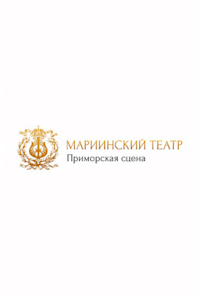The concert consists of symphony and vocal music pieces that glorify valor, strength, and unconditional loyalty of Russian warriors to their Homeland in all times.
Alexander Borodin composed very few works. First he was a great scientist, a chemist, professor, composing his music as a hobby. Yet the music he wrote was powerful and profound! His musical works glorify greatness of ancient Russia and the Russian people.
Borodin did not write a title for his second symphony, yet his friend, Vladimir Stasov, a famous Russian music critic of that time, wrote, 'Borodin himself used to tell me that in the symphony's Adagio (second movement) he wanted to create a musical image of bayan (a singer, an old Russian bard). The first movement would be a gathering of Russian knights, in the finale — a scene of knights' feast accompanied with the music of bayan's psaltery cheered by a great crowd of people.' This is how the title Knight Symphony emerged and then this title became popular.
The first movement of this symphony will be performed in the Big Hall on the 3rd of September.
The massiveness and a step of a giant of the main theme of the movement is set off by a graceful song melody as if they are two sides of the Russian image — the male firm will and the female tenderness. After undergoing terrible ordeals, an attack of hostile forces, the music comes to settlement of chivalry might and power.
Then the orchestra will perform several symphonic pieces portraying dramatic events of the Russian history — 'battles to the death for dear life'. Russian warriors faced different foes — the Tatars in the Battle of Kerzhents by Rimsky-Korsakov, contemptuously called German 'dog-knights' in The Battle on the Ice by Sergei Prokofiev, the Swedes in The Battle of Poltava by Piotr Tchaikovsky.
In Borodin's aria of Prince Igor (who faught with the Polovtsi people in the twelfth century) and in Tchaikovsky's arioso of the young Warrior, the two composers realize traits of two absolutely different characters yet who have in common the intention to defend their Homeland at any cost even at the cost of their life. In fact the same theme is expressed both in the music of a tender lyrical lullaby of Svetlana, and in a comic form it is presented in the Long Ago song with beautiful music of Tikhon Khrennikov from Gladkov's heroic film comedy Hussar Ballad.
The concert ends with the finale chorus song Glory from Glinka's A Life for the Tsar. It has been almost two centuries since the time this magnificent, shining with joy music first expressed the feeling of freedom, peace, justice and good for the Russian people. It is a true anthem of our Great Homeland!
Zoya Gumenyuk
